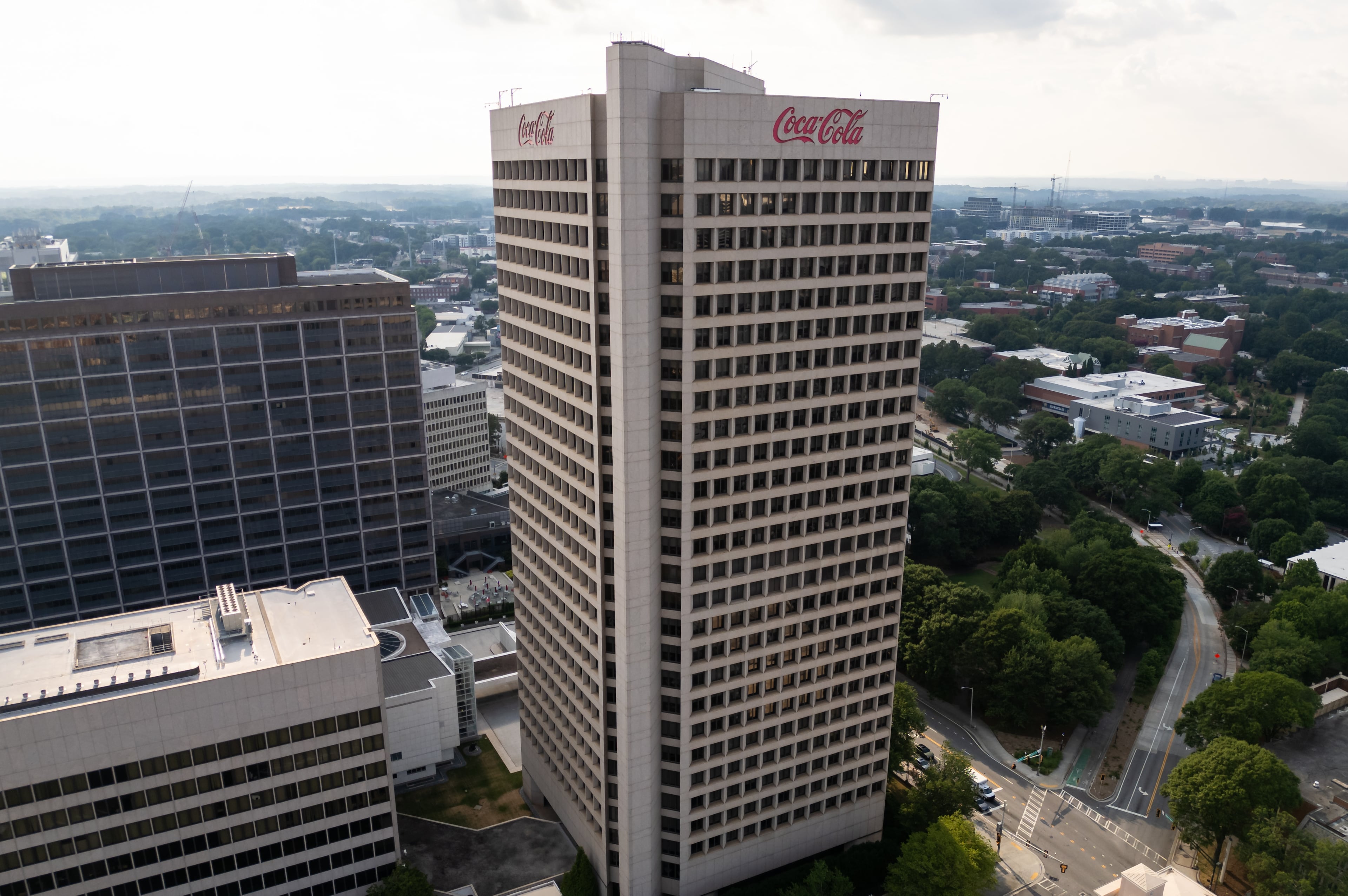Delta sees $2b benefit from lower fuel prices
myajc.com
Visit our premium website for subscribers to read the AJC’s exclusive content on local businesses, including Coca-Cola, Delta, Home Depot, UPS and more. It’s available only at www.myAJC.com/business.
Delta Air Lines expects lower fuel prices to bring a big boost to its financial results this year, even though its past bets on fuel costs are cutting into profits in the short run.
“There is a tremendous opportunity in front of us from lower fuel prices,” Delta CEO Richard Anderson said, noting that the airline expects a $2 billion benefit in 2015.
But Atlanta-based Delta is also navigating a variety of challenges, including competition from low-cost carriers, future fuel price volatility and changing economic conditions overseas.
The company on Tuesday posted a $659 million profit for 2014, though it was weighed down by advance fuel contracts that took a hit when prices sharply declined at the end of the year. As a result it reported a $712 million loss for the fourth quarter, due to a non-cash charge related to fuel contracts.
Excluding the charges and other special items for 2014, it had $4.5 billion in pre-tax profit for the year and $1 billion in pre-tax income for the fourth quarter. Revenue grew 7 percent in 2014 compared with the previous year.
Delta’s stock price is up about 50 percent in the past year.
Lower fuel costs could bring more competition from low-cost carriers and other airlines. But Delta is segmenting customers between those willing to pay more and others who get less, a strategy aimed at watering down the effect of matching rivals’ discount fares.
Last year in Atlanta , Delta rolled out a “basic economy” fare which does not allow advanced seat assignments, ticket changes or upgrades. The airline has since expanded the concept to other markets.
“The basic economy fare is not a lower fare. It’s just the lowest fare that we have available,” Delta’s chief revenue officer, Glen Hauenstein, told analysts in a conference call on the quarterly report. “This is really not about lowering fares, but about offering the features that customers want.”
S&P Capital IQ analyst Jim Corridore said the strategy is a response to low-price competition and creates incentives for people to pay more. “There is a focus on upselling customers continually” to increase yield, he said.



